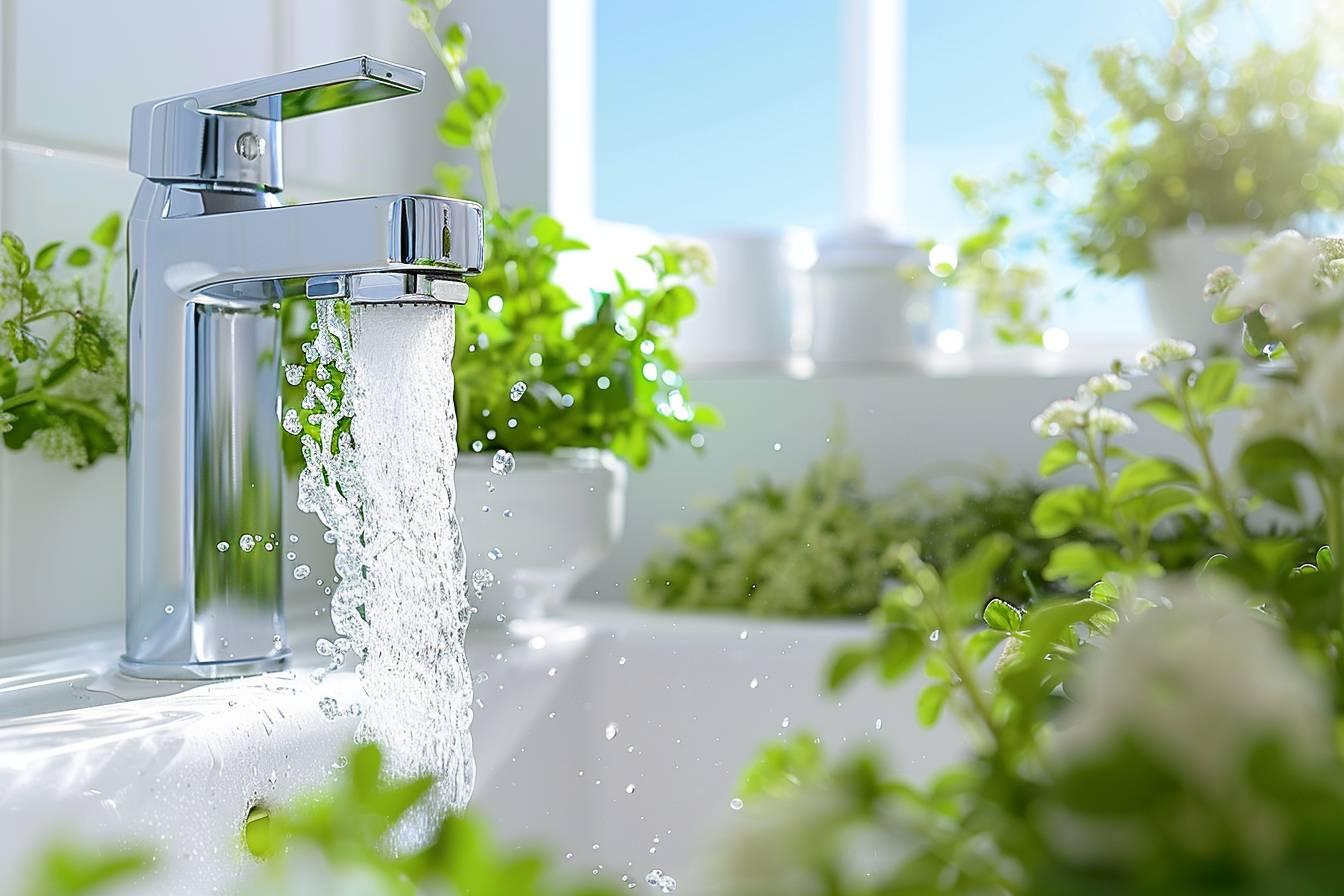Unpleasant odors emanating from drains and pipes can be a persistent nuisance in any household. These foul smells not only disrupt the comfort of your living space but may also indicate underlying plumbing issues. Fortunately, there are effective ways to combat these odors and maintain fresh-smelling drains. This article will explore expert tips and techniques to eliminate pipe smells and keep your plumbing system in top condition.
Common causes of pipe odors
Before delving into solutions, it’s crucial to understand the root causes of drain smells. Several factors can contribute to unpleasant odors in your plumbing system :
- Bacterial growth
- Food debris accumulation
- Stagnant water
- Sewer gas backflow
- Mold and mildew formation
One of the primary culprits behind foul pipe odors is bacterial growth. When organic matter accumulates in drains, it creates an ideal environment for bacteria to thrive. These microorganisms break down the debris, producing sulfur compounds that emit a characteristic rotten egg smell.
Food debris is another common source of unpleasant odors. Bits of food that get trapped in the pipes can decompose over time, leading to a putrid smell. This is particularly problematic in kitchen sinks, where food particles are frequently washed down the drain.
Stagnant water in rarely used drains can also contribute to foul odors. When water sits in the P-trap (the curved section of pipe beneath the sink) for extended periods, it can evaporate, allowing sewer gases to enter your home.
In some cases, sewer gas backflow may be the source of the problem. This occurs when there’s a breach in the plumbing system, allowing noxious gases from the sewer line to seep into your home.
Lastly, mold and mildew can develop in damp areas around pipes and drains, producing a musty odor that permeates the surrounding space.
Effective methods to eliminate pipe smells
Now that we’ve identified the common causes of drain odors, let’s explore some expert-recommended techniques to eliminate these unpleasant smells and maintain a fresh-smelling plumbing system :
- Regular cleaning and maintenance
- Natural cleaning solutions
- Mechanical methods
- Professional plumbing services
Regular cleaning and maintenance are essential for preventing and eliminating pipe odors. Establish a routine of flushing drains with hot water at least once a week to dislodge any buildup and keep pipes clean. This simple practice can go a long way in maintaining odor-free drains.
For a more thorough cleaning, consider using natural cleaning solutions. A mixture of baking soda and vinegar can be highly effective in neutralizing odors and dissolving minor clogs. Pour 1/2 cup of baking soda down the drain, followed by 1/2 cup of white vinegar. Let the mixture sit for about 30 minutes, then flush with hot water.
Mechanical methods can also be employed to remove stubborn buildup and eliminate odors. A plunger can be used to dislodge minor clogs and force fresh water through the pipes. For more persistent issues, a plumber’s snake or auger can be used to remove debris and clear blockages deeper in the plumbing system.
In cases where DIY methods prove insufficient, it’s advisable to seek professional plumbing services. Experienced plumbers have specialized tools and expertise to diagnose and address complex odor issues, ensuring your plumbing system remains in optimal condition.

Preventive measures for long-term odor control
While addressing existing odors is crucial, implementing preventive measures can help maintain fresh-smelling drains and pipes in the long run. Consider the following strategies to keep your plumbing system odor-free :
| Preventive Measure | Description |
|---|---|
| Install drain screens | Use mesh screens to catch debris and prevent it from entering the pipes |
| Run water regularly | Flush rarely used drains weekly to prevent water in P-traps from evaporating |
| Avoid chemical drain cleaners | Opt for natural solutions or mechanical methods instead of harsh chemicals |
| Schedule annual inspections | Have a professional plumber inspect your system yearly to catch potential issues early |
Installing drain screens in sinks, showers, and tubs can significantly reduce the amount of debris entering your plumbing system. These simple devices catch hair, food particles, and other materials that could potentially lead to clogs and odors.
For drains that are used infrequently, such as those in guest bathrooms or basement sinks, make it a habit to run water regularly. This practice ensures that the water seal in the P-trap remains intact, preventing sewer gases from entering your home.
While it may be tempting to use chemical drain cleaners for quick fixes, these products can be harmful to your pipes and the environment. Instead, opt for natural cleaning solutions or mechanical methods to address clogs and odors.
Lastly, consider scheduling annual plumbing inspections with a professional. These checkups can help identify potential issues before they escalate into major problems, ensuring your plumbing system remains in top condition and odor-free.
Advanced solutions for persistent odors
In some cases, persistent pipe odors may require more advanced solutions. If you’ve tried the methods mentioned above and are still experiencing issues, consider these additional strategies :
- Enzymatic cleaners
- Activated charcoal filters
- Hydro-jetting services
- Pipe relining or replacement
Enzymatic cleaners contain beneficial bacteria that consume organic matter in pipes, effectively eliminating odors at their source. These products are safe for pipes and the environment, making them an excellent choice for long-term odor control.
Installing activated charcoal filters in your drains can help absorb and neutralize odors before they enter your living space. These filters are particularly useful in areas prone to persistent smells, such as basement drains or rarely used sinks.
For severe cases of buildup or blockages, consider professional hydro-jetting services. This technique uses high-pressure water to scour the inside of pipes, removing years of accumulated debris and restoring proper flow.
In instances where pipes are significantly damaged or corroded, pipe relining or replacement may be necessary. While more invasive, these solutions can provide a long-term fix for persistent odor issues caused by structural problems in your plumbing system.
By implementing these expert tips and techniques, you can effectively eliminate foul pipe smells and enjoy fresh-smelling drains throughout your home. Remember that regular maintenance and prompt attention to emerging issues are key to maintaining a healthy, odor-free plumbing system.

